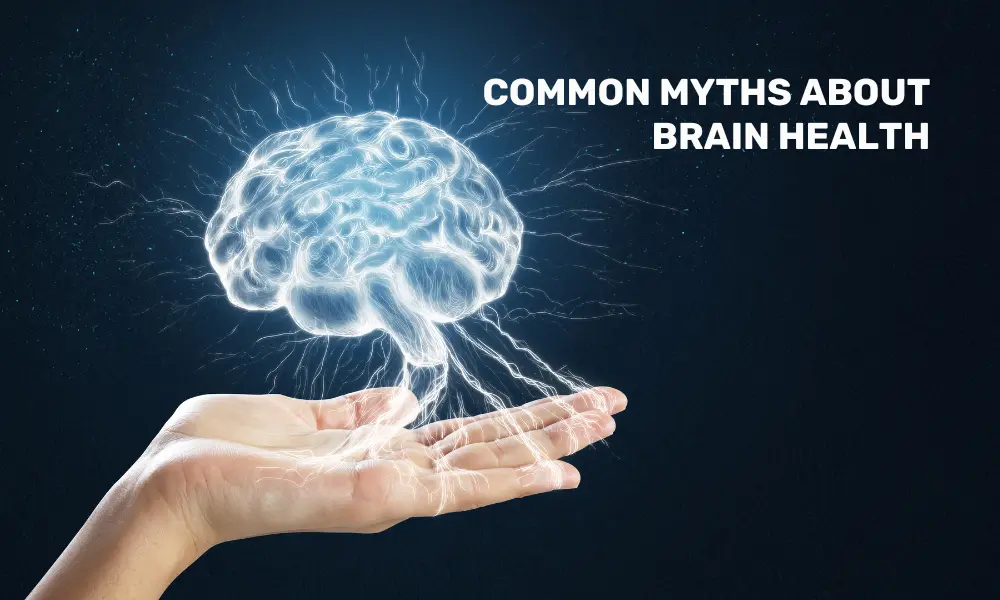With increasing stress in all facets of life, problems associated with the brain are on the rise. However, there is a lack of awareness regarding brain health.
Most people tend to lose their precious lives as they suffer in silence. Busting myths around brain illness are necessary to help break the stigma surrounding it. Awareness may encourage more and more people to seek support at the right time and lead a healthy life.
Here are four common misconceptions regarding brain illness and their fact.
Myth 1: Brain treatments are only available for adults.
Fact: Brain-related conditions impact people of all age groups. Many treatments are available for children, adolescents, adults, and older individuals. However, early intervention is needed in children, as their brains are still developing. This said it is essential for everyone to seek prompt medical attention without any delay.
Myth 2: Only older people are at a greater risk of brain strokes.
Fact: Currently, there is no evidence available to support this statement. People belonging to any age group can suffer from a stroke. The risk factors for stroke are hypertension, diabetes, family history, fluctuating lipid profiles, and smoking. One should take the utmost care of one’s health to avoid health risks.
Myth 3: Brain treatments are painful.
Fact: Though some treatments are in the form of surgery or other invasive procedures, many are non-invasive and painless. Neurofeedback and meditation are labeled as non-invasive therapies that improve brain function.
Myth 4: Medications are only the way to manage any brain illness.
Fact: While medications help to tackle certain brain-related conditions, they are not the only form of treatment that doctors will advise the patients. Brain treatments are in the form of psychotherapy, cognitive therapy, and neurofeedback to ensure that patients recover fully and resume their daily routines with ease.
Further, one must consult a specialist in case of any doubts regarding a brain illness you might be suffering from. Here are a few ways to improve our brain health.
-
Plenty of sleep
Believe it or not, sleep is vital to our brain health. According to a few theories, sleep helps clear abnormal proteins in our brain and consolidates memories, which boosts our overall memory and brain health.
-
Regular Exercise
Exercise has multiple health benefits. However, regular physical activity may also benefit our brains. Numerous research studies have suggested that physically active people have a reduced risk of developing brain-related illnesses.
-
Staying mentally active is the key.
Our brain is like a muscle — one must use or lose it. One can do many things to keep the brain active, such as doing crossword puzzles, reading, playing cards, Sudoku, or putting together a jigsaw puzzle. This may be like cross-training to our brains.
-
Keep your blood vessels healthy
The health of our arteries and veins is essential for our heart health and is also critical for brain health. We must monitor our blood pressure, blood sugar, and cholesterol regularly and take steps to keep our numbers within a normal range.
-
Remain socially involved
Social interaction helps ward off depression and stress, which can contribute to memory loss. Look for opportunities to connect with loved ones, friends, and others, especially if you live alone. Research links solitary confinement to brain atrophy, so remaining socially active may have the opposite effect and strengthen the brain’s health.
-
Mediterranean diet
Our diet plays a significant role in our brain health. Consider following a Mediterranean diet, which emphasizes plant-based foods, whole grains, fish, and healthy fats, such as olive oil. Avoid red meat and salt.
Our brain health is equally vital to our well-being as is our physical health. Therefore, one must take all the possible measures to keep brain healthy.





